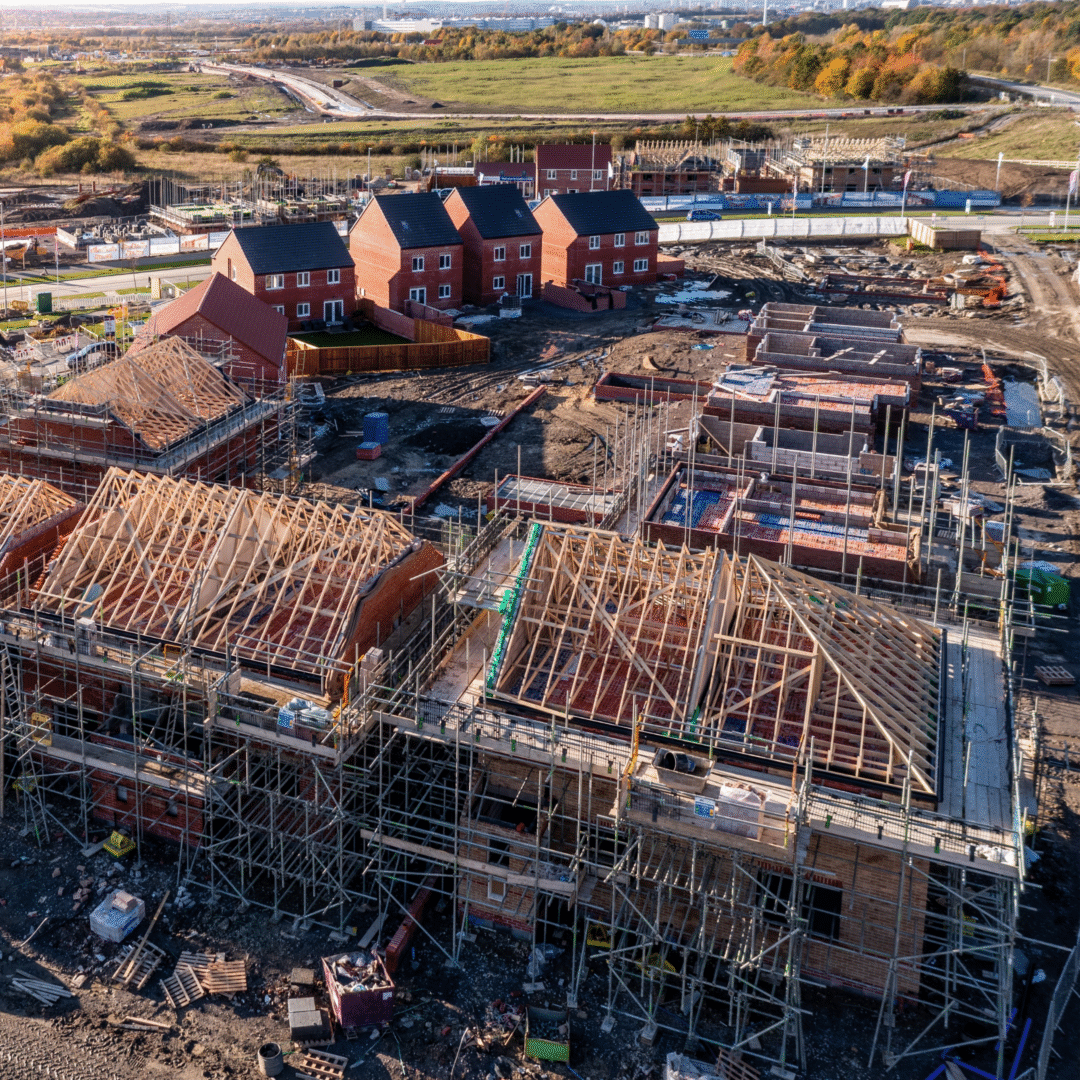Assured Tenancy
Not even the most enthusiastic Labour supporter could look back on the first year of Labour in government and declare it a dramatic success filled with relentless progress and public acclamation. Even Cratus’s own podcast reports a mixed picture.
Except for recent events, the work on housing led by Angela Rayner and Matthew Pennycook has been relentless and principled. The first and most obvious win, certainly from a sector perspective, is that we have not had a change of Housing minister (quickly checks the MHCLG website). Housing was one of the revolving doors of government with some housing ministers not even having to change their suits for the period of their tenure. Under the last government it seemed to be a rite of passage, everyone had to have a go at being housing minister before getting a ‘proper job.’ Pennycook comes across as committed, motivated and ambitious to deliver and not someone who is passing through (hopefully this won’t change between me typing this and it being published). This seems symbolic of the importance housing has to the government, which although not one of the five missions underpins several of them.
The big request from the social housing sector was for a ten year housing strategy, ultimately underpinned by an increase in investment. The spending review included a headline £39bn for affordable housing over the next ten years, a 40% increase over the previous allocation and an explicit instruction to Homes England to prioritise social housing. This wasn’t the only money which was made available there were also funds or guarantees from a new National Housing Bank with £16bn of capacity, £1bn for building safety, another billion for the Local Authority Housing Fund specifically to address homelessness and promises of more money for warm homes. In addition, the Government has started consultation on rent convergence (a process which accelerates bringing all social rents to the same ‘formula’ level) which in turn will partly be needed to provide additional recourses for the improving of the Decent Homes Standard, also currently out to consultation and Awaab’s law which comes into effect in October this year.
The spending review has also identified investment into infrastructure required to facilitate house building including public transport, new reservoirs, and energy provision.
The planning system is being upgraded to enable rather than block the new homes and infrastructure required. We have seen specific schemes being given authorisation by the Secretary of State. On planning we have had the long overdue debate about greenbelt/grey belt land, the promise of new rules for small sites, a more proportionate approach to issues around biodiversity and the ambition of a new generation of new towns.
There is still plenty to be done on areas such as workforce development and leasehold reform, however its hard not to be impressed with the drive to systemically move forward housebuilding. The 1.5 million target seems to all outside government to be unobtainable but the effort being made to achieve it is immense.
Any involved in delivery programmes will know that building a pipeline and building homes are not the same thing. I see projects which I started in Bristol in 2017 still not completed, and in some cases not even started. The barriers; economic, environmental, archaeological, cultural, aesthetic, political and practical are enormous but we have a team in Rayner and Pennycook which is doing all it can to clear the way, now its up to us in the housing industry to get behind them and build the homes.








